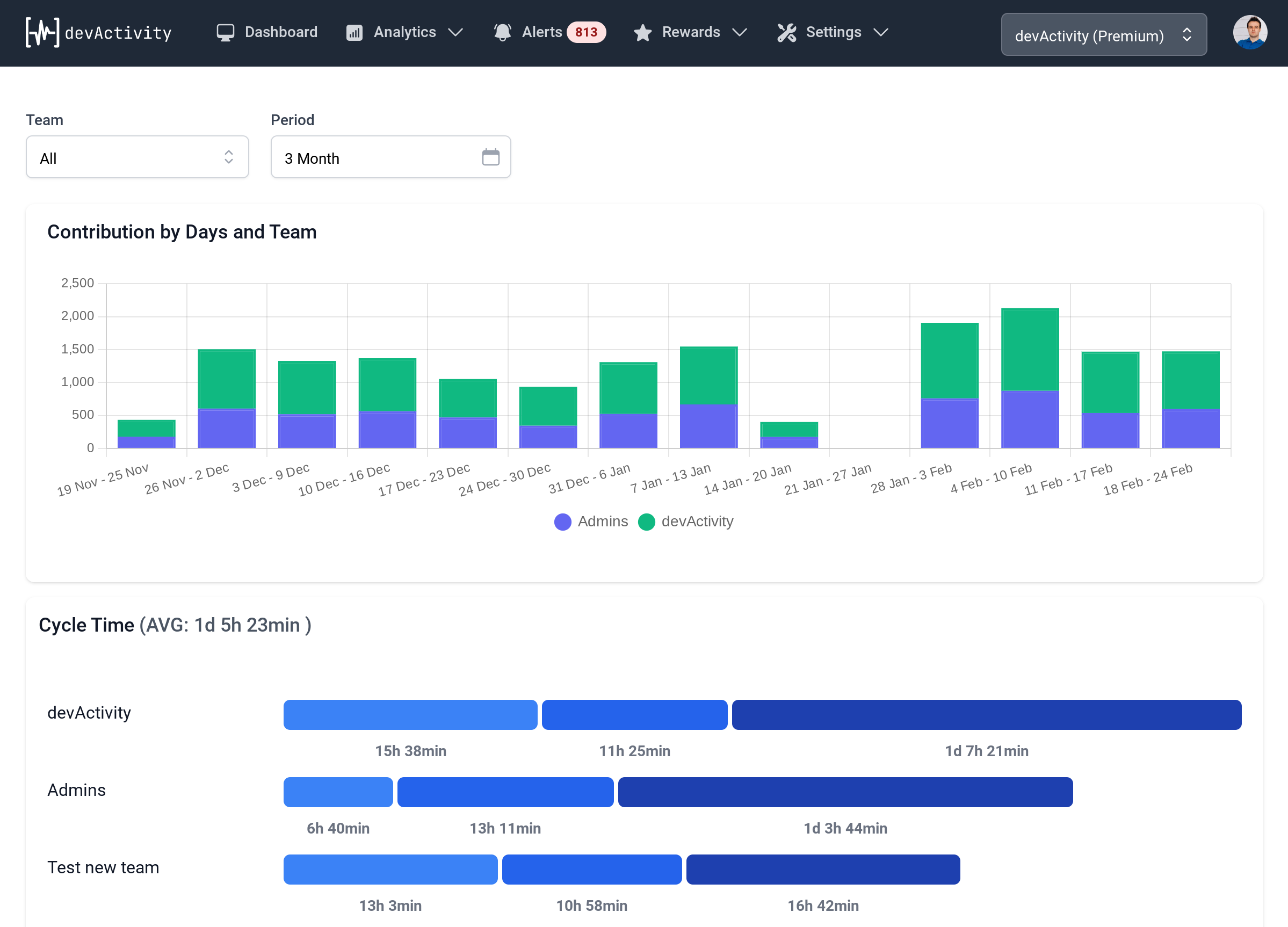Software Development Project: Definition, Types, Stages, and Best Practices

Ah, the software development project - a fascinating journey of creation, collaboration, and, let's be honest, occasional bouts of chaos. Whether you're building a simple website or a complex enterprise application, understanding the process is key to navigating its twists and turns. So, strap in, grab a cup of coffee (or your favorite energy drink), and let's dive into the world of software development projects.
What is a Software Development Project?
Think of it like building a house. You start with a blueprint (your requirements), gather materials (code), assemble the pieces (development), and finally, you have a finished product (the software). But unlike a house, a software development project lives and breathes, evolving through iterations and updates.
Types of Software Development Projects
You might be surprised to know that there are different types of software development projects, each with its own flavor and challenges.
-
Waterfall Model: Think of it as a waterfall cascading down, each stage flowing seamlessly into the next. This traditional model is structured and linear, with clear deadlines and deliverables. It's perfect for projects with well-defined requirements, but can be less flexible if changes arise.
-
Agile Model: Imagine a team of agile athletes, adapting quickly to changes and reaching their goals. This iterative approach focuses on flexibility and collaboration, with frequent feedback loops and adjustments. Agile is a favorite for complex projects where requirements might change often.
-
DevOps Model: Think of it as a seamless symphony of development and operations teams, working in harmony. DevOps emphasizes automation, continuous integration, and collaboration between these teams. This model is popular for organizations looking for rapid deployments and enhanced stability.
Stages of a Software Development Project
Let's break down the typical stages of a software development project. It's a journey that requires careful planning, execution, and communication.
-
Planning: This is where the foundation is laid. Here you define the project's scope, requirements, and deliverables. Think of it as the blueprint for your software.
-
Design: The architectural phase. This involves designing the software's structure, user interface, and database. It's about bringing the blueprint to life.
-
Development: The core of the project. This is where the coding takes place, transforming the design into a working application. It's the construction phase.
-
Testing: Ensuring quality. This stage involves testing the software to identify and fix bugs and ensure it meets the requirements. It's like a quality inspection.
-
Deployment: Launching your masterpiece. This involves making the software available to users, either through a release or a cloud deployment. It's the grand opening!
-
Maintenance: Keeping the software running smoothly. This ongoing stage involves fixing bugs, implementing updates, and providing support to users. Think of it as ongoing maintenance of your house.
Best Practices for Software Development Projects
There's an art to crafting successful software development projects, and following best practices can make all the difference.
-
Clear Communication: Communication is the lifeline of any project. Ensure everyone is on the same page, from requirements to deadlines. Think of it as a well-oiled communication machine.
-
Agile Development: Embrace the agility. Frequent iterations, feedback loops, and flexibility are essential in today's dynamic world. It's about being nimble and adapting.
-
Version Control: Keep a history of all changes. This allows you to track progress, revert to previous versions, and collaborate effectively. Think of it as a time machine for your code.
-
Thorough Testing: Catch those pesky bugs early. Rigorous testing is crucial to ensure your software functions flawlessly. Think of it as a quality assurance checkpoint.
-
User Feedback: Get your users involved. Feedback is invaluable for improving the software and meeting their needs. It's about listening to your customers.
The Importance of Team Collaboration in Software Development Projects
Imagine a group of musicians playing in a symphony. Each musician brings their own skills, but it's the harmonious collaboration that creates the magic. The same applies to software development projects. Effective team collaboration is key to success. It's about working together to achieve a common goal.
How devActivity Helps Manage Software Development Projects
Enter devActivity, your trusty sidekick for software development projects. It's a tool that provides insights into team activity, individual performance, and project progress. Think of it as your project management dashboard, empowering you to make informed decisions and optimize your workflow.
-
Team Performance Analysis: devActivity provides a clear picture of your team's productivity, allowing you to identify areas for improvement and track progress over time. It's like having a crystal ball that reveals insights into your team's work.
-
Individual Contributor Insights: It helps you understand individual contributions, providing valuable feedback and recognizing outstanding performers. It's about knowing who is pulling their weight and who needs support.
-
Automated Metrics and Alerts: devActivity takes the guesswork out of project management by automatically tracking key metrics and alerting you to potential bottlenecks, saving you time and effort. It's like having a proactive assistant keeping an eye on things.
-
Gamification and Motivation: devActivity integrates gamification elements, boosting motivation and engagement through achievements, leaderboards, and XP rewards. It's like adding a sprinkle of fun to your work.
Real-World Examples of Successful Software Development Projects
Let's take a look at some inspiring real-world examples of software development projects that have achieved great success. From the creation of iconic operating systems to the development of innovative apps, these examples showcase the power of collaboration, planning, and execution.

